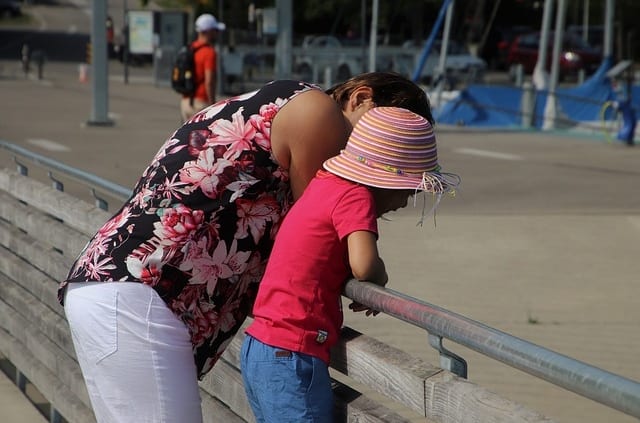How Loved Ones Can Help Youth Facing Hearing Loss
Madison’s family first started noticing behavioral changes right around her 14th birthday. Always a high achiever, she had recently begun to struggle in school. She acted like it was unimportant when asked and got frustrated if her mother pushed the issue. She became distant at family get-togethers and was spending more and more time alone. She spent most of her time on social media or sleeping.
Given her age, it’s easy to think these might be age-appropriate behaviors that she would grow out of. But her grandmother suspected it was something more and brought her to see me for a hearing test. As it turns out, Madison had been living for some time with mild, now moderate, hearing loss.
Knowing how to help a child with hearing loss isn’t something that comes naturally for most of us. If you’ve never struggled with your own hearing, it’s hard to understand the obstacles and the frustrations–especially during these years when a major part of social development is taking place.
I’d like to take a moment to share some of the things someone like Madison may be dealing with and how you can help young people in your own life facing similar challenges.
How to Help a Child with Hearing Loss
Even a mild loss can lead to many difficulties with which loved ones can help, while still empowering the child to adapt and do for themselves.
Learning about the struggle is the first step to help a child with hearing loss.
1. Learn about the challenges
Being young in this day and age is stressful enough. Hearing loss adds a whole new dimension.
- Listening is vital to most learning. So a child must adapt to only learning visually and may miss important instructions and information spoken rather than written.
- Understanding anything is hard work. A child with hearing loss often finds themselves trying to piece together what’s happening with limited information. This can be exhausting.
- The exhaustion of trying to understand may lead to withdrawal and giving up without the right support.
- They can no longer connect with hearing friends, except on social media, and may feel alone in face-to-face social settings.
There are challenges, no doubt. But it’s critical that you avoid seeing a child with hearing loss as a victim. They have the ability to adapt and thrive with loved ones’ support.
2. Adjust your own attitude first
Consider how you think about people with hearing loss and hearing aids, in particular. What non-verbal messages might you be sending? Children, even older ones, learn through modeling parent behavior. And they see what you don’t say.
3. Be positive but leave room for emotions
Try to stay constructive and positive while giving your child space to feel their emotions. In many ways, losing hearing is like losing a loved one. So they may go through the 4 stages of grief: Denial, Anger, Bargaining, Acceptance.
4. Look for peer groups
Groups can help a child realize many children share this and live fulfilling lives. Also, if you deem it to be age-appropriate, encourage the child to use social media to connect with friends and other children with similar challenges, especially if local groups aren’t available.
5. Adapt how you communicate
You and loved ones need to become more mindful about communicating around a child who is losing their hearing.
For example:
- Always making sure they’re facing you before you begin speaking
- Avoid covering your mouth when you speak
- Understand that you may need to repeat or explain
6. Learn about hearing aids
Hearing aids today are technologically-advanced and can connect with a lot of modern devices like smartphones. Hearing aids also come in fun patterns and designs, so they’re a great way to express individuality. These are excellent selling points for a young person.
Madison was shocked when she learned she had a moderate hearing loss. It had happened slowly, and she had been adapting for some time. But it had finally become more than she could manage. We fit her for a hearing aid. She was ecstatic when she found out she could stream her music and social media audio through the device.
If your child is showing signs of hearing loss, know that what you say and do to support them matters. And please reach out to schedule a hearing test.



